Spoiler alert: humans don’t like change. No, really! When I say we don’t like change, I’m not joking or repeating a cliche. The human body doesn’t take change well, and it can take years (or never, but I’m not focusing on that) to adjust when circumstances change. Once the brain settles into a routine, it resists attempts to get it out of that rut. This is, by the way, why it is so hard to get yourself into good habits like eating right, and exercising. But that’s a digression.
Thing is, once your brain and body get used to one way of being, when there is a phase shift in your life, you may find that you have to work consciously and long to get them to come around to the way life is after the change. This is why, if you survive trauma, particularly prolonged trauma, you’ll suddenly find yourself self-sabotaging (consciously or not) when life is good again.
I was chatting with dear friends, who serve as my support group (and hopefully I offer the same to them), about how I’m having nightmares, even though life is beautiful. My husband is recovering from being horribly ill these last few months. It’s been a year since his heart attack, and honestly I didn’t expect him to survive this long, for many months of that year. It is wonderful to have him feeling happy, being mentally alert, and not in constant unyielding pain. I’m on the upside of a small health scare myself. I have an empty nest, with a quiet house, and a thriving garden that brings me more joy than I can express here. I have a community of friends and family and I am not alone.
I am living the dream. Why, when my life is finally peaceful, is my brain freaking out while I sleep? I know exactly why I’m having nightmares.
The human organism is highly adapted for survival, by design. We wouldn’t have made it so far as a species if it were not so. Which means that the brain plays tricks that make the body dance to it’s tune. During a time of great stress and trauma, being vigilant even in your sleep can be a survival tactic. When you aren’t in danger? Well, the brain has gotten used to the hormones of panic. You are, in a sense, addicted to chaos. Not everyone is. However, if you’re a survivor? Chances are, this is going to manifest in your life in some way. And it will, I can assure you from experience, take years to retrain your body and mind if you were in it for years.
You can of course keep seeking out trouble to feed your brain the expected jolts of cold sweats and terror. Or you can wean it off that bad habit. My late paternal grandmother was a chaos magnet. As an adult, looking at what I know of her history, I can see where that came from. She wasn’t alone - I’ve known any number of women (and it was mostly women) who were chaos magnets, seeking out problems and even creating them from nothing when they couldn’t find anything to stress over. It is not a healthy trait, and I have learned from years of her bitter toxic behaviour that I do not want to go down that path myself. Knowing this, saying this, and doing it? Two different things.
First, what will help with sleep is ensuring you are tired when you lay down. This means exercise if you are a sedentary lump like I am. Not right before bedtime, but during the day.
Set a bedtime routine, and stick to it when you can. For me, I like to shower (relaxing), read (choosing books wisely that will be calming), and sometimes journal. The latter I will sometimes do if I am awake in the night from a nightmare. I am finding that if I write down what the bad dream was centered on, and look at it logically, it can help me dismiss it as a threat. It is not real. I can make it less real if I analyze it and tell my brain this is not something I need to do anything about.
Finally, keep working at it. This can mean therapy, if you want to go that route. If you do, find someone you can trust and work with, and create a plan with an end date and goals very quickly after beginning to work with them. If you do therapy keep in mind that just like physical therapy, you can’t just quit when it’s over and never stretch your muscles and expect them not to get soft and painful. Mental therapy can be done at home, with a small support group if you can, and it should be continuous seeking improvement. Happiness isn’t really an endpoint. There will always be ups and downs in life. If you set up some tools, you can cope when you start having nightmares.
The other thing? The reason I have nightmares, and why I don’t mind them all that much? They mean I’m healing. Life is good. The brain is having a hissy fit because it’s not getting the ‘panik!’ it was so used to for so very long. The nightmares are it trying to control me back into the patterns of before. I can and will continue to resist doing what it wants me to do. I’m not worrying. I’m going to stay calm and write on.
I am free, body and soul, and my past may haunt me, but it cannot touch me. I have a purpose in life, and I mean to fulfill it. I’ll keep writing about my journey because perhaps, maybe, there is someone out there reading who is a step behind, or even far down in the abyss I climbed out of, and I can give them a hand up. I’m far from perfect, and I’m far from whole. May, in fact, never be whole again. There’s a reason I embrace the concept of kintsugi, the broken made beautiful and useful again.
You can find your way back into a dream. I can promise you that. When the nightmares come, you can banish them with some awareness and work. It takes effort, and time. Almost harder to heal than it was to be hurt, I think sometimes. Worth it, though. So very worthwhile to be able to be…me.





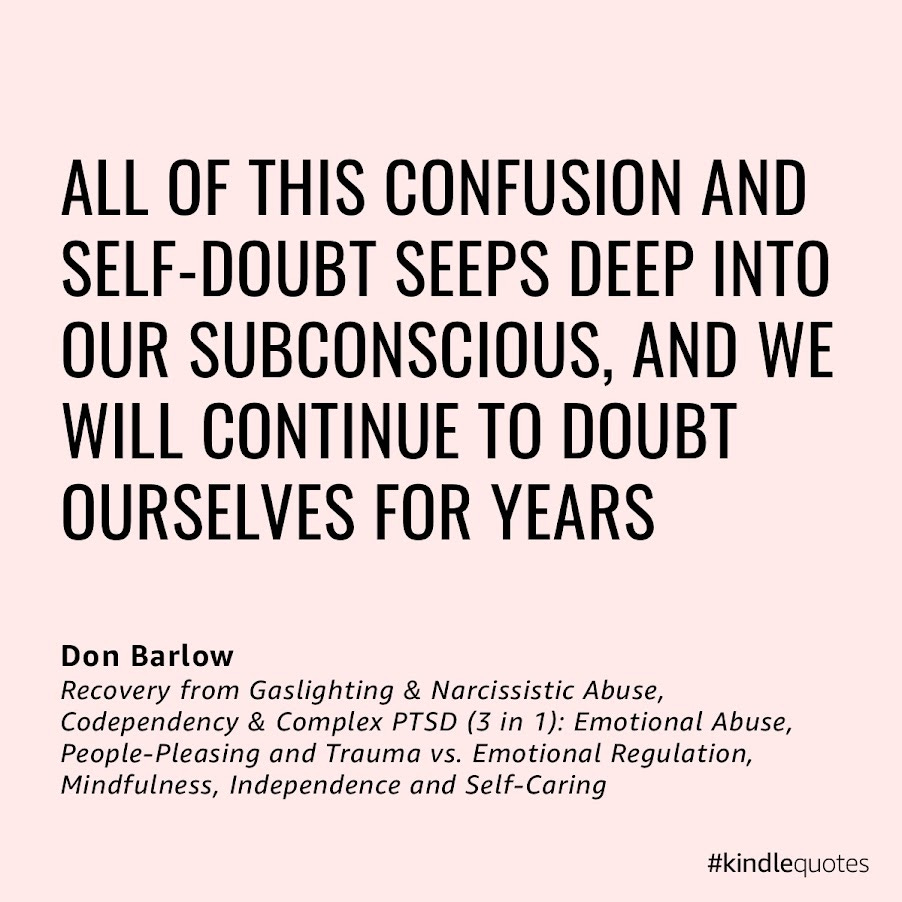

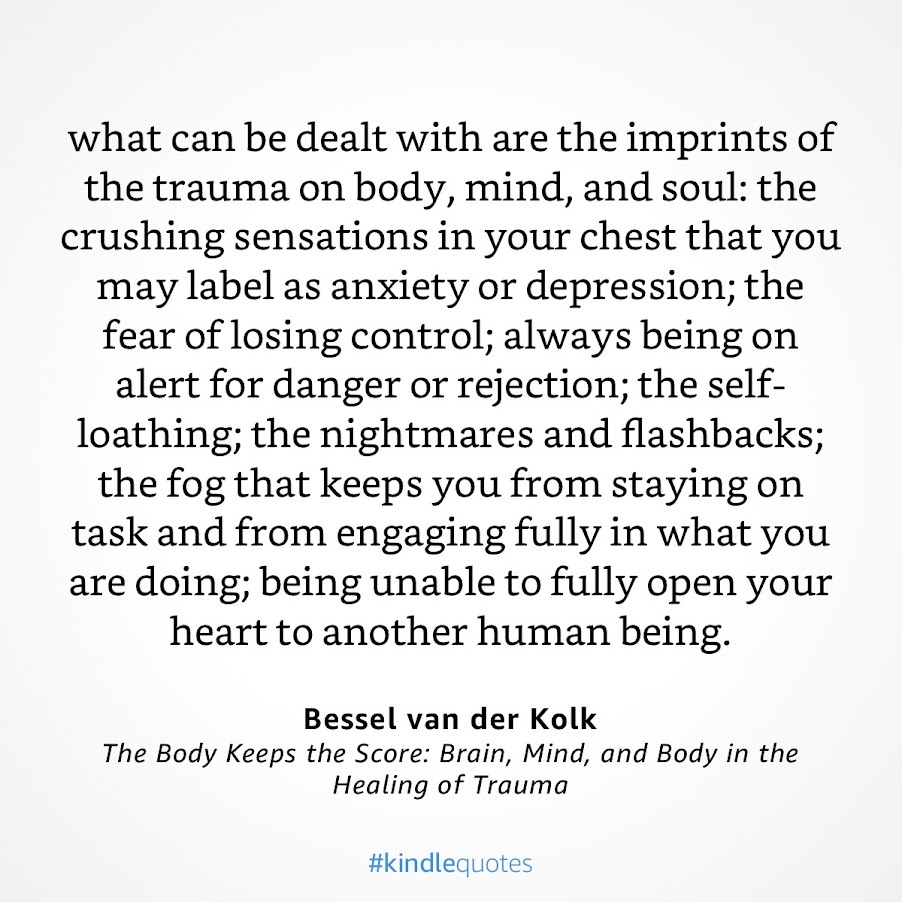
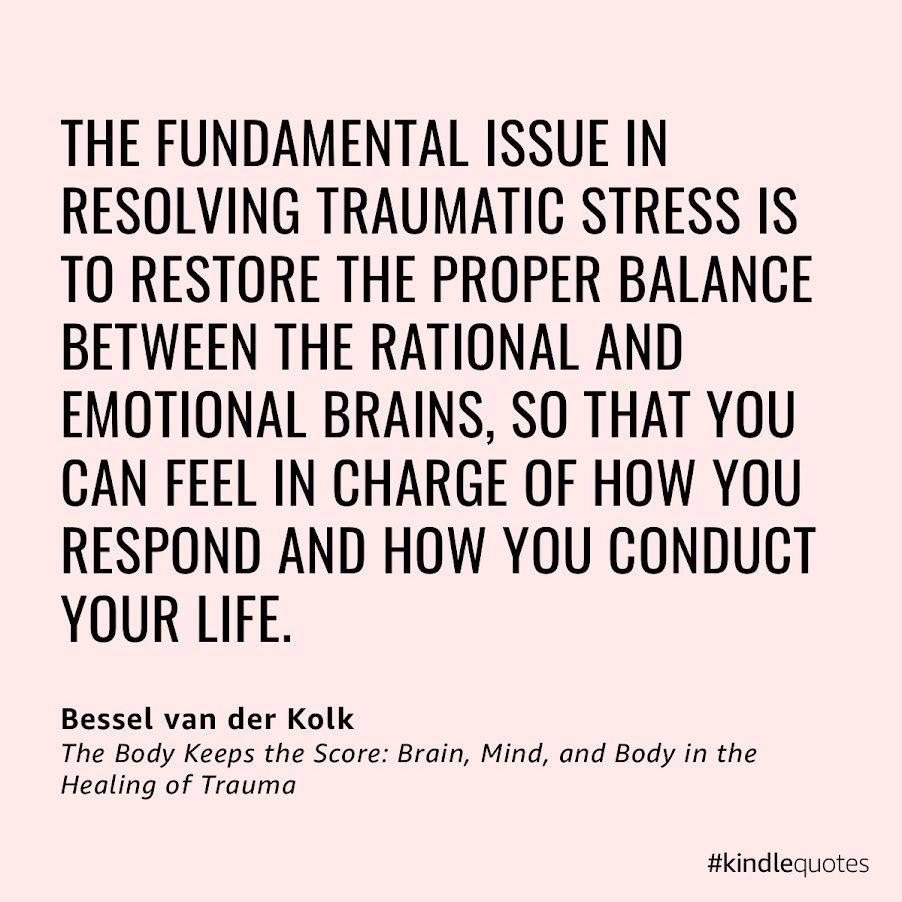
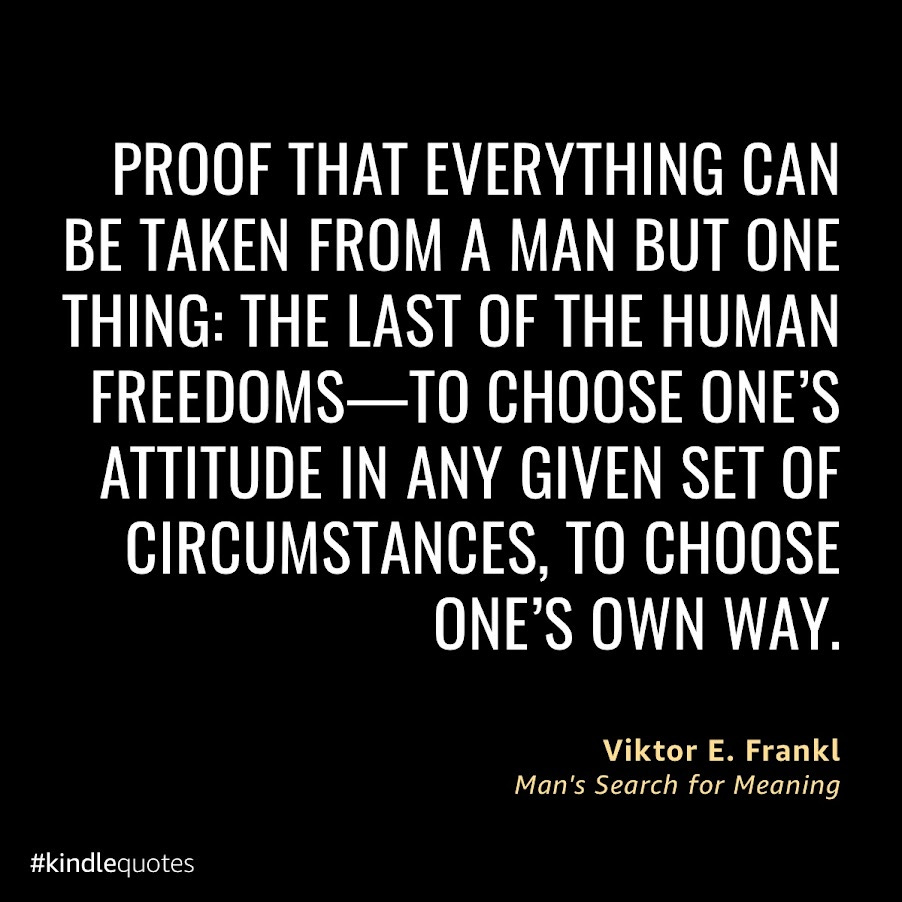
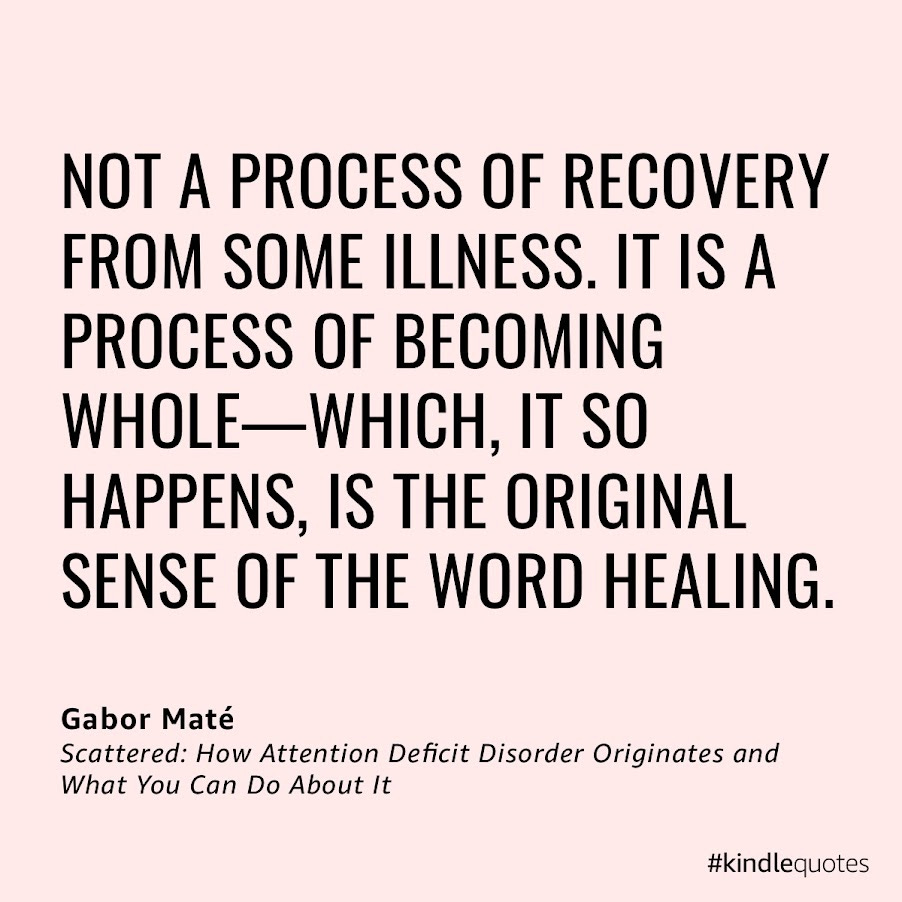
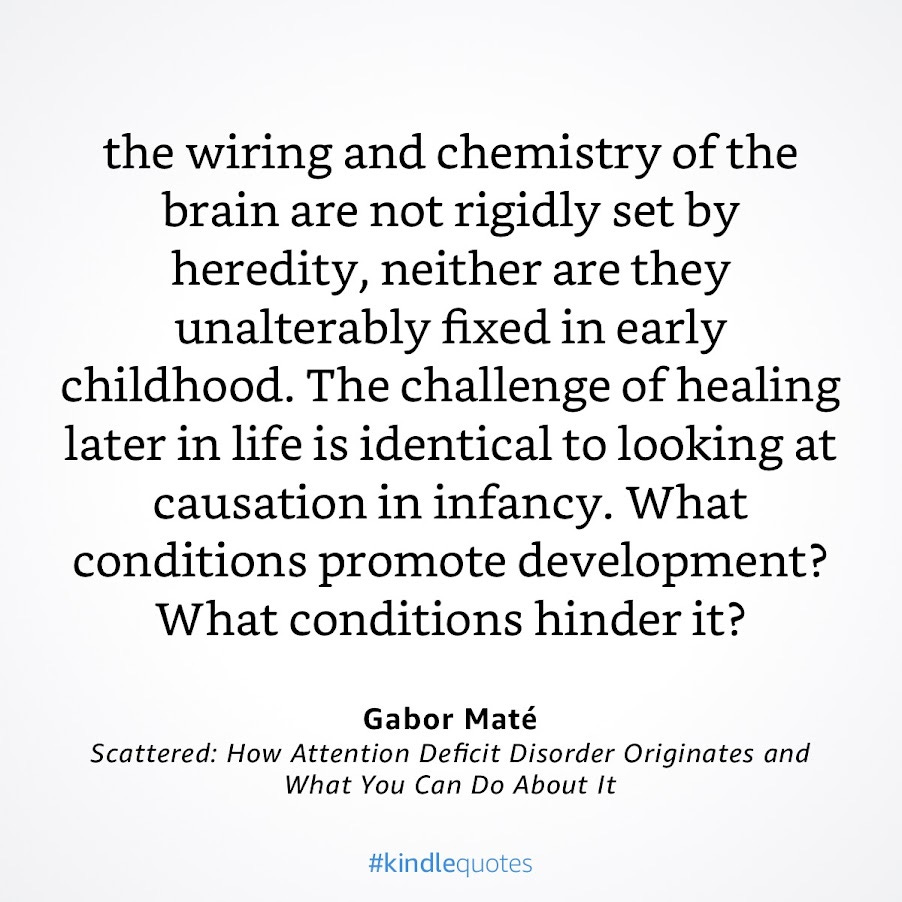
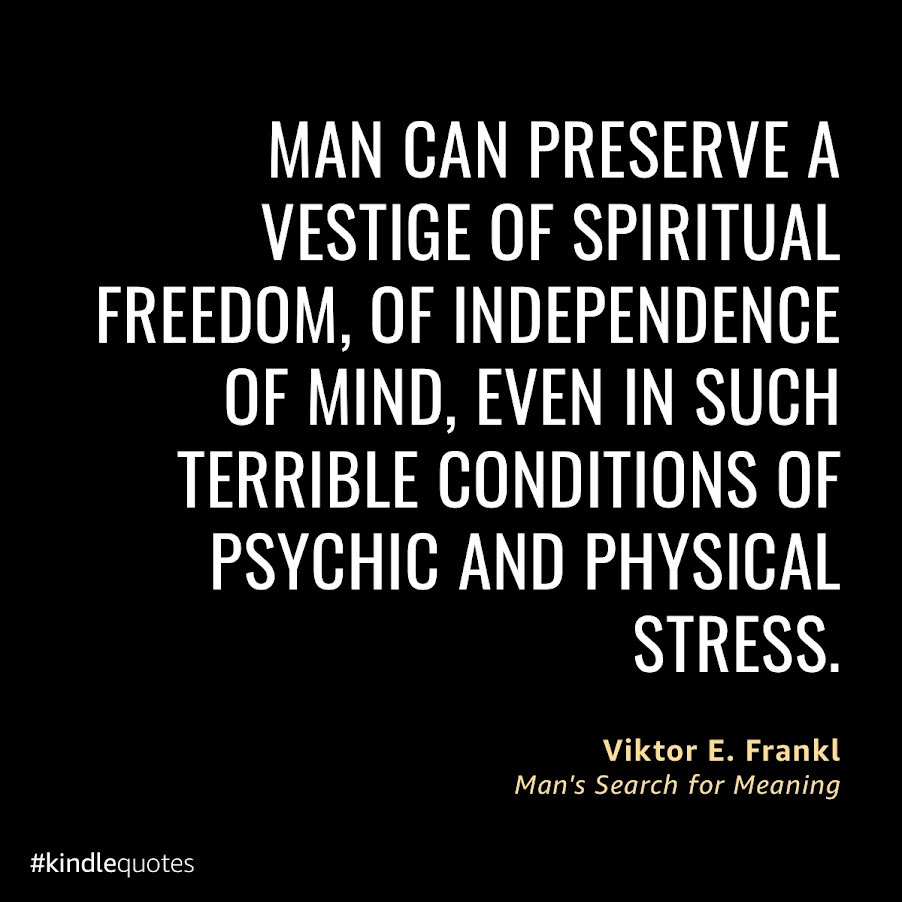
Good on yer, young lady! It's kintsugi atop kintsugi all the way up.
Lately my night mares, more night foals, all seem to be a how go I get home from here, be it Kuala Lumpur & where's my boarding pass, the flood blocked the trail or on on the road home again, dials on empty, no place to get gas.
I wonder where the theme's coming from, intimations of dementia? If so, oh well, every day I wake up to will really be a brand new day and every re-read will be a brand new read! ;-)